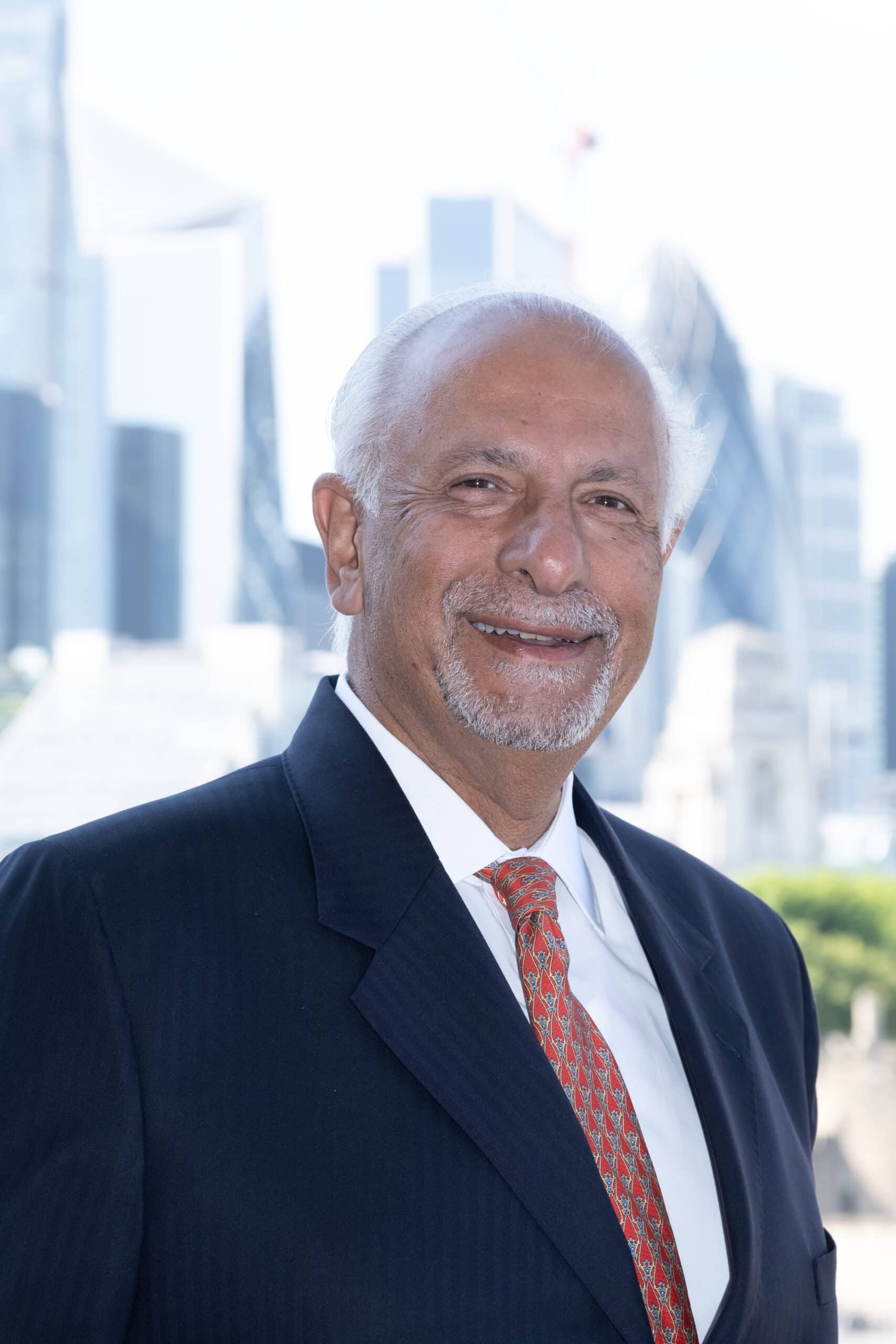 BBC News
BBC NewsBorrowing was £17.4bn last month, the second highest October figure since monthly records began in 1993.

Dinesh Dhamija
There were two standout news stories this week to cheer the clean energy sector.
First, Microsoft’s commitment to power its data centres with renewable electricity in a $10 billion deal. This will add 10.5 gigawatts of generating capacity, the equivalent of powering 1.8 million homes, and is eight times bigger than the next-largest corporate renewable electricity deal, between mining company Rio Tinto and an Australian solar company.
Microsoft needs the extra power because it’s forging ahead with new data centres to service AI and cloud computing customers, part of an upsurge in energy demand in the United States, soon to be repeated in Europe.
“The nationwide [United States] forecast of electricity demand shot up from 2.6 per cent to 4.7 per cent over the next five years,” reported Grid Strategies in a recent report. It predicts that more than $150 billion will be invested in data centres up until 2028, alongside more than 200 major manufacturing facilities.
In 2023, corporate deals for a record 46 gigawatts of new solar and wind capacity were announced, as companies like Amazon and Microsoft sought to reduce their carbon footprints.
All this activity and development is positive news, but the context is important. There’s such a huge growth in demand for energy that some believe more coal, oil and gas sources may also be needed, negating any positive impact on climate change. “Gas is the only cost-efficient energy generation capable of providing the type of 24/7 reliable power required by the big technology companies to power the AI boom,” said one energy investor. The intermittent nature of wind and solar power is highlighted by fossil fuel lobbyists as a central problem.
Renewable energy champions argue that, by contrast, AI can help solve the reliability issue for wind and solar power, through its predictive abilities. In a second clean energy breakthrough, the G7 this week announced a renewable energy storage target: a six-fold increase in capacity by 2030 using batteries, hydrogen and water.
The International Energy Agency foresees batteries making up 90 per cent of new storage capacity, with hydroelectric power accounting for a smaller share. Batteries have enjoyed a dramatic uptake in demand over recent years, as their costs have fallen by 90 per cent since 2009. Batteries added 42 gigawatts to global electricity supplies in 2023. We will doubtless hear more self-serving predictions from the hydrocarbon industry about how renewable energy cannot power the economies of the future, so it’s important to pay attention to developments like these: massive renewable energy projects and game-changing storage solutions.
We’re in the middle of an energy transition, with incremental progress taking place all around us, whatever the fossil fuel lobby might say.
Dinesh Dhamija founded, built and sold online travel agency ebookers.com, before serving as a Member of the European Parliament. Since then, he has created the largest solar PV and hydrogen businesses in Romania. Dinesh’s latest book is The Indian Century – buy it from Amazon at https://www.amazon.co.uk/dp/1738441407/